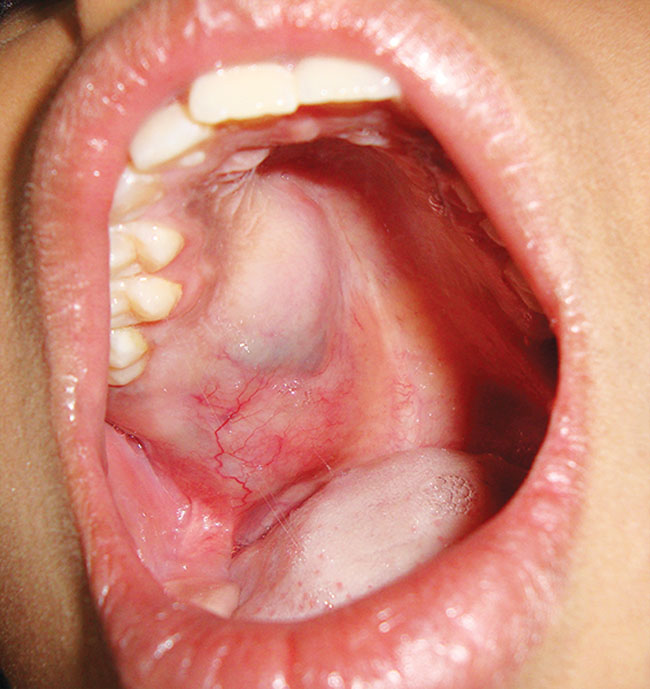Objective
To investigate the role of radiation therapy in rare salivary gland pediatricmucoepidermoid carcinoma (MEC).
Study design
A French multicenter retrospective study (level of evidence 4) of children/adolescents treated for MEC between 1980 and 2010 was conducted.
Results
Median age of the 38 patients was 14 years. Parotid subsite, low-grade, and early primary stage tumors were encountered in 81%, 82%, and 68% of cases, respectively. All except 1 patient were treated by tumoral surgical excision, and 53% by neck dissection (80% of high grades). Postoperative radiation therapy and chemotherapywere performed in 29% and 11% of cases. With a median 62-month follow-up, overall survival and local control rates were 95% and 84%, respectively. There was 1 nodal relapse. Lower grade and early stage tumors had better survival. Postoperative radiation therapy and chemotherapy were associated with similar local rates. Patients with or without prior cancer had similar outcomes.
Conclusions
Pediatric salivary gland MEC carries a good prognosis. Low-intermediate grade, early-stage tumors should be treated with surgery alone. Neck dissection should be performed in high-grade tumors. Radiation therapy should be proposed for high grade and/or advanced primary stage MEC. For high-grade tumors without massive neck involvement, irradiation volumes may be limited to the primary area, given the risk of long-term side effects of radiation therapy in children. Pediatric MEC as second cancers retain a similar prognosis. Long-term follow-up is needed to assess late side effects and second cancers.


